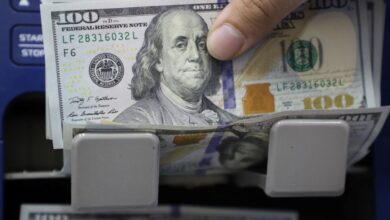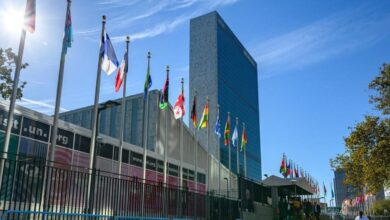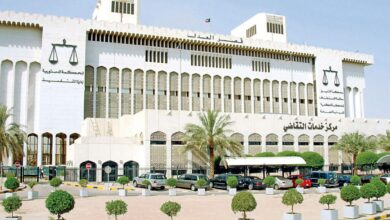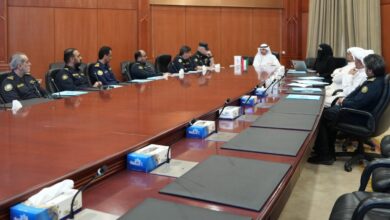New Civil Service rule uses facial recognition to track employee attendance
According to the decision, the employer may add other electronic means to fingerprint systems, in addition to facial recognition, as deemed necessary for the interest of the work.
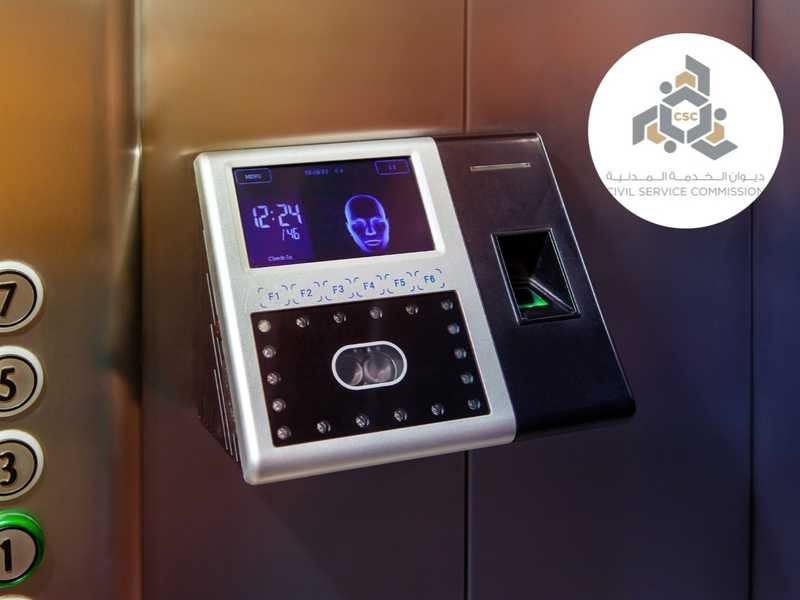
• The proof of the presence, departure, and presence of the employee in the workplace during the official working period will be verified through facial recognition. The entity may also add other electronic means to fingerprint systems in addition to facial recognition, as deemed necessary in the interest of the work.
Shereeda Abdullah Al-Mousherji, Deputy Prime Minister, Minister of State for Cabinet Affairs, and Acting President of the Civil Service Council, issued a decision to verify employee attendance, including presence and departure, in the workplace during official working hours using facial recognition, according to Al Qabas newspaper.
This was stated in Resolution No. 6 of 2024, which adds Article No. 10 bis to Civil Service Council Resolution No. 41 of 2006 on the rules, provisions, and controls of official work. According to the decision, the employer may add other electronic means to fingerprint systems, in addition to facial recognition, as deemed necessary for the interest of the work.
The decision of the Civil Service Council states, “After reviewing Decree-Law No. 15 of 1979 on the Civil Service and its amended laws, the decree issued on 1979/4/4 regarding the civil service system and the decrees amending it, and the decision of the Civil Service Council No. 41 of 2006 on the rules, provisions, and controls of official work and its amendments, and based on the proposal of the Civil Service Bureau and after the approval of the Civil Service Council.”
Article (1) Article No. (10) bis is added to the aforementioned Civil Service Council Resolution No. 41 of 2006, which reads as follows, Article 10 bis: “Without prejudice to the permit regulations and the prescribed grace period, the proof of the presence, departure, and presence of the employee in the workplace during the official working period will be verified through facial recognition. The entity may also add other electronic means to fingerprint systems in addition to facial recognition, as deemed necessary in the interest of the work.”
The employee must prove their presence at the workplace during the official working period by making the fingerprint within sixty minutes after the lapse of two hours from the beginning of their work. The employee is not required to make this fingerprint if they have obtained permission for any part of the sixty-minute period.
An employee who fails to prove their presence as mentioned in the previous paragraph within the specified sixty minutes is considered absent without permission during official working hours. This includes the period after the expiration of two hours from their attendance until they prove their presence with a fingerprint. Such delays will be included in the monthly delay periods in accordance with Article 18 of this resolution.
The Civil Service Bureau may set other times for employees to make a fingerprint to prove their presence in the workplace during official working hours, according to the circumstances and interests of the work.








